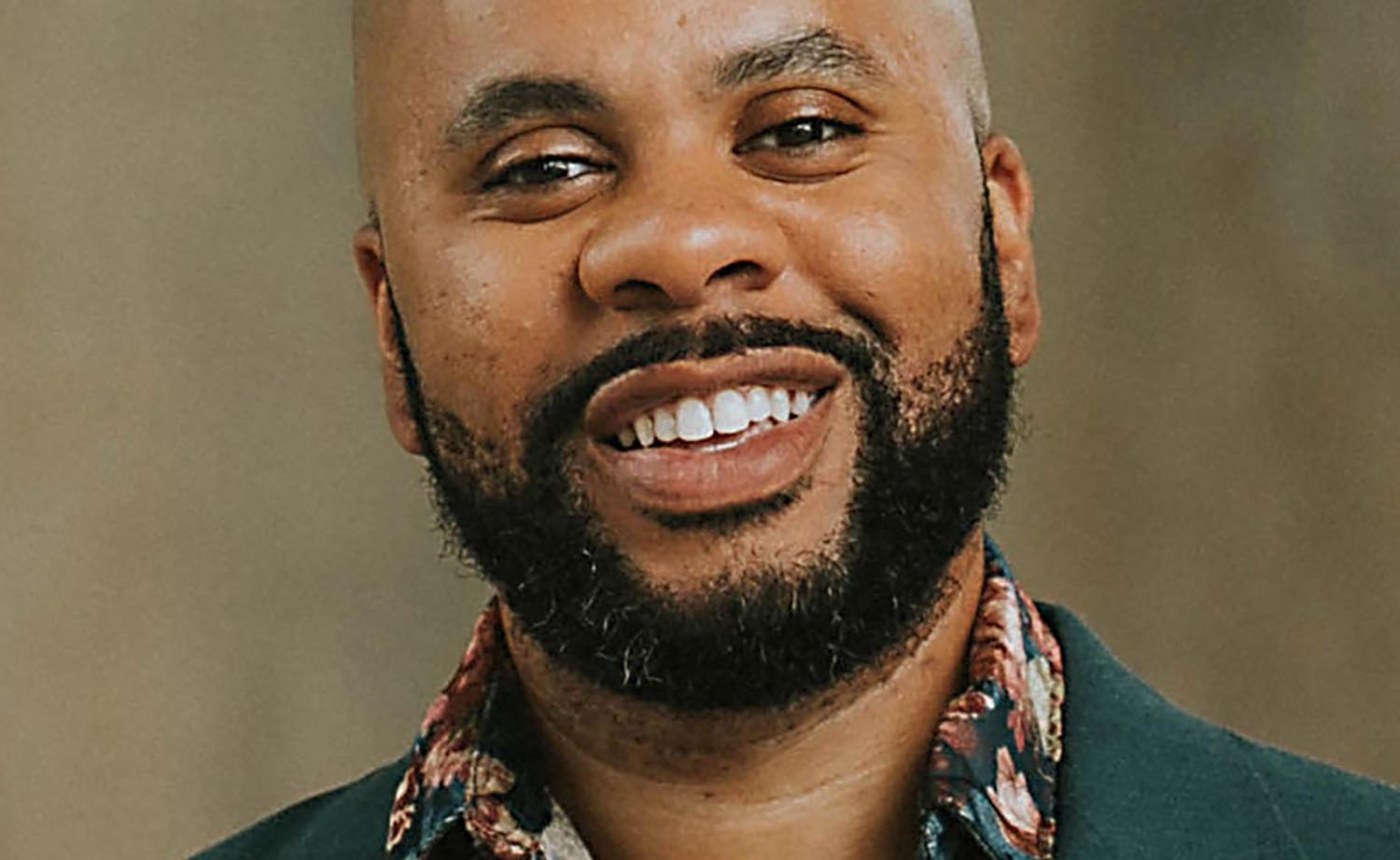UPDATE: A retired gay man in his late 60s raises urgent questions about friendship dynamics as he grapples with feeling overlooked by younger friends. This emotional plea highlights the importance of empathy and connection in relationships, especially during challenging times.
In a heartfelt letter to advice columnist R. Eric Thomas, the man, identified as Odd Man Out, expresses frustration over his friends’ lack of interest in his family. He shares his experience of sharing updates about his children and grandson only to be met with indifference, such as friends checking their phones mid-conversation. This raises critical questions about the nature of friendship and attentiveness.
“How can they be my friends if they can’t remember my kids’ names?” he asks, a sentiment that resonates with many facing similar issues in their social circles. The letter, published earlier today, underscores a growing disconnect between generations, particularly in the context of emotional support.
Odd Man Out notes that while he actively engages with his friends—asking about their parents and careers—they fail to reciprocate the same interest in his family life. This imbalance has led him to refrain from sharing personal stories, highlighting a troubling trend in modern friendships where mutual investment appears lacking.
In his response, Eric Thomas emphasizes that friendships should be rooted in empathy and genuine curiosity. “Your friends should want to know the details of your life, even if they don’t share the same experiences,” he advises, urging the letter writer to seek clarity in these relationships.
This advice comes at a time when many are reflecting on the quality of their connections amidst personal challenges. With the rise of digital communication, the essence of meaningful interactions is increasingly at risk of being overshadowed.
Moreover, another poignant letter highlights the struggles of a person diagnosed with a terminal disease, questioning whether to reach out to friends who have distanced themselves. This adds another layer of urgency to the discussion about the importance of maintaining connections, especially when facing life-altering circumstances.
“Sometimes friends don’t know the right thing to do or say when confronted with bad news,” Thomas states, reminding readers that expressing vulnerability is essential in fostering meaningful relationships.
As these letters circulate, they serve as a reminder of the need for open dialogue in friendships. They highlight how crucial it is to communicate expectations, especially during vulnerable times. The emotional impact of feeling dismissed by friends can be profound, affecting mental health and overall well-being.
Moving forward, Thomas encourages individuals to articulate their needs in friendships clearly. He stresses that if friends do not respond positively to such outreach, it may be time to reconsider the value of those relationships.
This urgent discussion about friendship, empathy, and personal connection is set against a backdrop of societal change, where individuals are encouraged to reflect on who truly supports them. As people navigate their personal struggles, the importance of nurturing genuine relationships becomes ever more critical.
Ultimately, these letters call for a re-evaluation of friendship dynamics, urging individuals to seek relationships that enrich rather than diminish their lives. As the conversation unfolds, many are likely to find themselves reflecting on their connections and the importance of mutual support.
For more insights on navigating complex relationships, readers are encouraged to follow R. Eric Thomas on Instagram @oureric or subscribe to his weekly newsletter at rericthomas.com.


































































